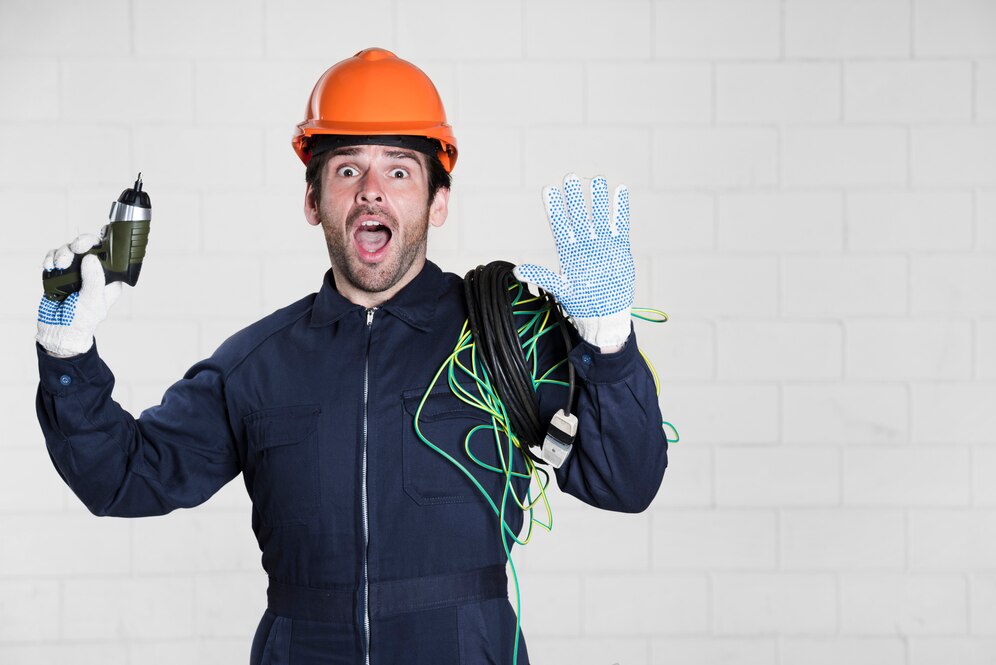If you’ve been fortunate enough to avoid an electrical shock, it’s crucial to keep it that way.
The truth is, nearly all electrical repairs pose a risk of shock. While we encourage the DIY mindset that’s popular today, it’s equally important to grasp the causes of shocks and how to steer clear of them – just like professional electricians do.
Think of shocks as accidents, with you inadvertently becoming the conductor. Normally, electricity flows through closed circuits. However, when you accidentally become part of an electric circuit, a shock can occur.
Technically, this happens when you complete the electrical path through:
- Both wires of an electric circuit
- One wire of the ground and an energized circuit
- A piece of metal that inadvertently becomes energized due to insulation failure
- Another “conductor” carrying electric current
Under any of these circumstances, an electrical shock can result in anything from a slight tingling sensation to temporary paralysis or even cardiac arrest. Even a mild shock demands immediate attention because it indicates that electricity is not flowing as it should – it’s using you as part of the circuit.
At this juncture, promptly switch off and unplug the device you’re working on. For your own safety and peace of mind, contact a licensed electrician to identify and rectify the underlying issue.
Of course, most individuals don’t foresee shocks during electrical repairs – hence the term “accidents.”
Certain scenarios inherently carry danger and should be avoided:
- Unstable, broken, or wobbly outlets
- Extension cords in a state of disrepair, such as being cracked, dented, or broken
- Handling electrical devices with wet hands, feet, or in sweaty conditions, as moisture reduces your body’s resistance to voltage
- Vigilance is essential for power receptacles near sinks, bathtubs, showers, swimming pools, and hot tubs
- Power tools exhibiting sluggishness or abnormal behavior should be discarded immediately; periodic shocks from tools are not normal and could be life-threatening
Additional measures to minimize the risk of shocks during electrical repairs include:
- Refrain from tackling repairs you’re not confident about; instead, seek assistance from a licensed electrician in the Chico area and observe to learn from their expertise
- Maintain tools in good condition and ensure they’re clean and operational
- Wear protective gear, including shoes, and prioritize caution over risk-taking
- Verify the availability of sufficient electrical sockets for the repair and ensure they’re not overloaded
- Cease using any equipment and halt electrical repairs immediately if you detect burning smells, smoke, or fire

